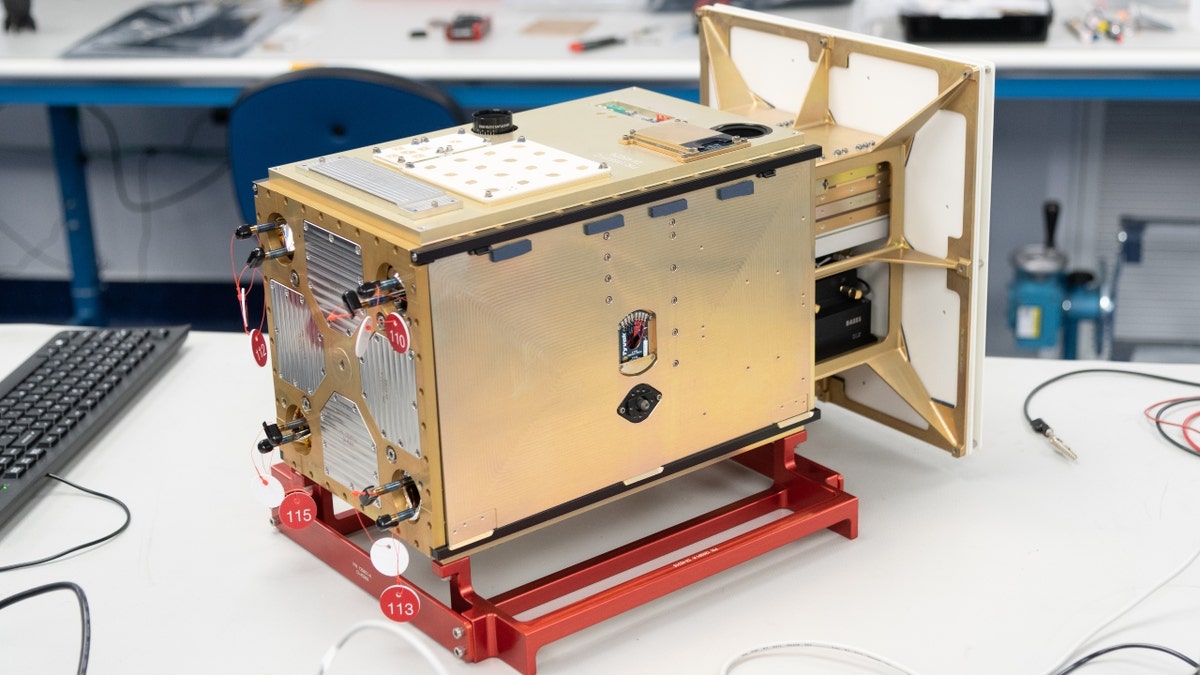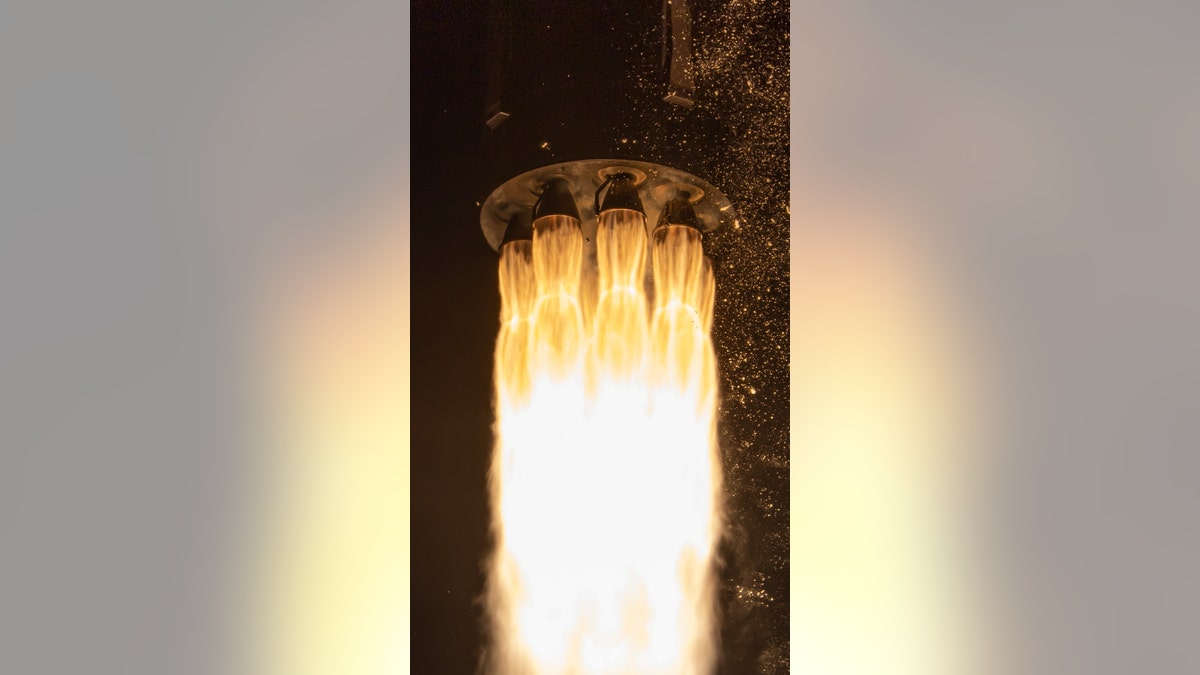Fox News Flash top headlines for June 28
Fox News Flash top headlines are here. Check out what's clicking on Foxnews.com.
NASA's CAPSTONE CubeSat, which is designed to test a unique lunar orbit, launched from New Zealand on Tuesday morning.
The mission launched on Rocket Lab's Electron rocket at 5:55 a.m. ET from the Mahia Peninsula.
It is heading toward an orbit intended in for Gateway: a lunar space station built by NASA and its partners.
"Delivering the spacecraft for launch was an accomplishment for the entire mission team, including NASA and our industry partners. Our team is now preparing for separation and initial acquisition for the spacecraft in six days," Bradley Cheetham, the principal investigator for CAPSTONE and chief executive officer of Advanced Space, said in a statement. Advanced Space owns and operates CAPSTONE on behalf of NASA. "We have already learned a tremendous amount getting to this point, and we are passionate about the importance of returning humans to the moon, this time to stay!"
PSYCHE, THE ‘GOLDMINE ASTEROID,’ MAPPED IN GREATEST DETAIL YET

An image of the Cislunar Autonomous Positioning System Technology Operations and Navigation Experiment, or CAPSTONE, launching aboard Rocket Lab’s Electron rocket from the Rocket Lab Launch Complex 1 on the Mahia Peninsula of New Zealand Tuesday, June 28, 2022. (NASA/Rocket Lab)
While CAPSTONE, which stands for Cislunar Autonomous Positioning System Technology Operations and Navigation Experiment is currently in low-Earth orbit, it will take about four months to reach its targeted lunar orbit.
Over the next six days, the engine of Rocket Lab's Lunar Photon, an interplanetary third stage, will periodically ignite to accelerate it beyond low-Earth orbit.
Photon will release the CubeSat on a ballistic lunar transfer trajectory to the moon. CAPSTONE will then use its own propulsion and the sun’s gravity to navigate the rest of the way.

PHOTO DATE: 10/14/2021 LOCATION: Tyvak Nano-Satellite Systems, Inc. SUBJECT: CAPSTONE spacecraft build at Tyvak Nano-Satellite Systems, Inc. in Irvine, California. PHOTOGRAPHER: Norah Moran (Norah Moran/NASA/Johnson Space Center)
Once at the moon, CAPSTONE will enter an orbit called a near rectilinear halo orbit, or NRHO.
NASA'S PERSEVERANCE ROVER SPOTS PIECE OF ITS OWN LANDING GEAR ON MARS
There it will fly within 1,000 miles of the moon's North Pole on its near pass and 43,500 miles from the South Pole at its farthest, repeating the cycle every six-and-a-half days.
That will be maintained for at least half a year in order for scientists to study dynamics, according to NASA.

A NASA CubeSat designed to test a unique lunar orbit is safely in space and on the first leg of its journey to the Moon. (NASA/Rocket Lab)
During the mission, CAPSTONE will provide operational data and showcase "key technologies," including the Cislunar Autonomous Positioning System.
"CAPSTONE is a pathfinder in many ways, and it will demonstrate several technology capabilities during its mission timeframe while navigating a never-before-flown orbit around the moon," said Elwood Agasid, project manager for CAPSTONE at NASA's Ames Research Center. "CAPSTONE is laying a foundation for Artemis, Gateway, and commercial support for future lunar operations."
CLICK HERE TO GET THE FOX NEWS APP
The total mission cost is $32.7 million. CAPSTONE was initially scheduled to launch in May.










































